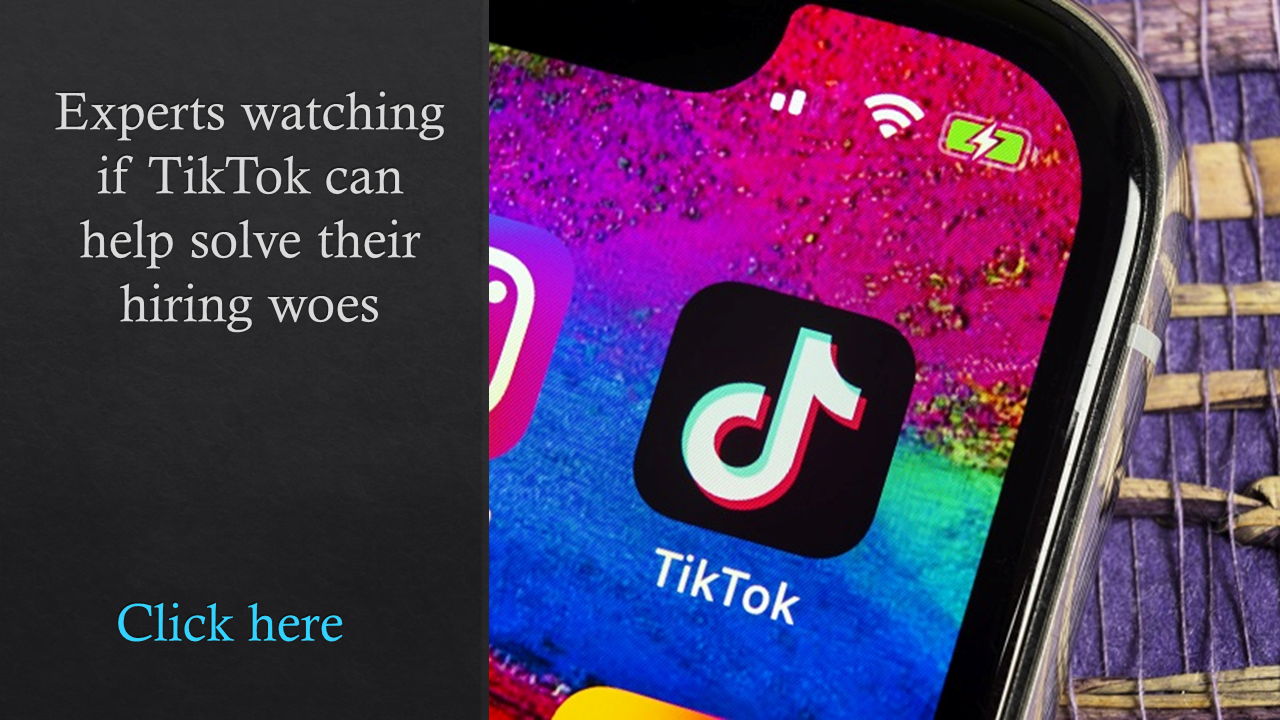As a post-COVID world becomes more of a reality, economists are predicting a summertime “Great Resignation.” Research shows growing numbers of women, minorities and remote workers are resigning or planning to resign in the coming months for reasons ranging from caregiving to pay gap concerns, falling wages and worries about requirements to return to workplaces.
About 4 million people quit their jobs in April and recent research reveals that 41% (from Microsoft research) to 95% (from Monster research) of the workforce are thinking about leaving their jobs post-pandemic. Those numbers and more just like them are prompting many recruiters to transform their long-held strategies on how to snatch top talent.
Regardless of the exact numbers, experts agree that the rules for talent competition have forever changed, as the pandemic’s impact on workers along with extended unemployment benefits and employee fear of returning to the workplace have created an entirely new atmosphere for both job seekers and employers. Candidates are now demanding everything from upskilling opportunities to flexibility regarding when and where they can work, pushing HR professionals to reimagine their approach to people, productivity and profits.
Eighty-three percent of industry association economists with the U.S. Chamber of Commerce—which estimates there are half as many available workers for every open job across the country—say employers in their sectors are finding it more difficult to fill jobs compared to five years ago. The Chamber recently launched America Works, a national initiative that encourages employers to follow federal and state policy changes that will help train more Americans for in-demand jobs, remove barriers to work and double the number of visas available for legal immigrants.
Meanwhile, employers may want to reevaluate how to meet the evolving needs of applicants, as job candidates have become fearless regarding their expectations of employers. In its Modern Family Index annual report, Bright Horizons—a global organization that offers education and family support programs and services—found that 46% of working parents hope their employer will provide some form of childcare or emergency childcare.
Related: No, HR, we don’t have a ‘labor shortage’ crisis
“Taking care of your family is the most important thing to do and we need to help employees do that,” says Bright Horizons CHRO Maribeth Bearfield, adding that her organization recently added school-age care and summer camp to its list of services. “[People] today are much bolder. They want to be sure that their employer will help support their family in a way I’ve never seen before in my career. If you don’t provide it, they’ll just go next door to get it.”

Maribeth Bearfield, CHRO, Bright Horizons
In light of the changes over the last year, Bearfield says, the organization has shifted how it communicates about the unique benefits it offers. “We encourage people to think about a new career, reskilling or upskilling,” she says, “and how we want to help them on their career path.”
Another significant change involves time-to-hire for entry-level positions, says Mike Hudy, chief science officer at Modern Hire, which offers a science-based hiring platform.
“Once candidates finish applying for jobs, the clock starts ticking,” he says, adding that his company has helped clients reduce time-to-hire from 14 days to less than one day. “That’s how fast organizations are moving now. If you’re not doing that, your competition is and you’re going to lose out.”

Mike Hudy, chief science officer at Modern Hire
The platform processes more than 25 million job candidates each year. But lately, he says, the number of candidates visiting client websites has dropped by 10%. Likewise, the number of candidates applying for jobs across industries has plunged by 30%.
For some organizations, the answer is higher wages. Bank of America, for example, raised its hourly rate from $17 to $20 earlier this year and will boost it to $25 by 2025.
The lesson, says Hudy, is that HR needs to be more agile in the way it thinks about talent. Consider mapping candidates against your universe of job openings. If they don’t qualify for the job they applied for, encourage them to apply for other open jobs.
He adds that recruiters now care more about No, HR, we don’t have a ‘labor shortage’ crisis than work experience, especially for early-career, high-volume jobs. Based on company data, he says, work experience isn’t always an accurate predictor of job success.
 “Work experience is not dead but it should be,” Hudy says. “It tends to be a barrier and also restricts diversity of who you’re hiring when you put this standard in place. Candidates applying for a retail job may never have had experiences in retail, but we don’t care. We just have to look at their transferrable skills.”
“Work experience is not dead but it should be,” Hudy says. “It tends to be a barrier and also restricts diversity of who you’re hiring when you put this standard in place. Candidates applying for a retail job may never have had experiences in retail, but we don’t care. We just have to look at their transferrable skills.”
